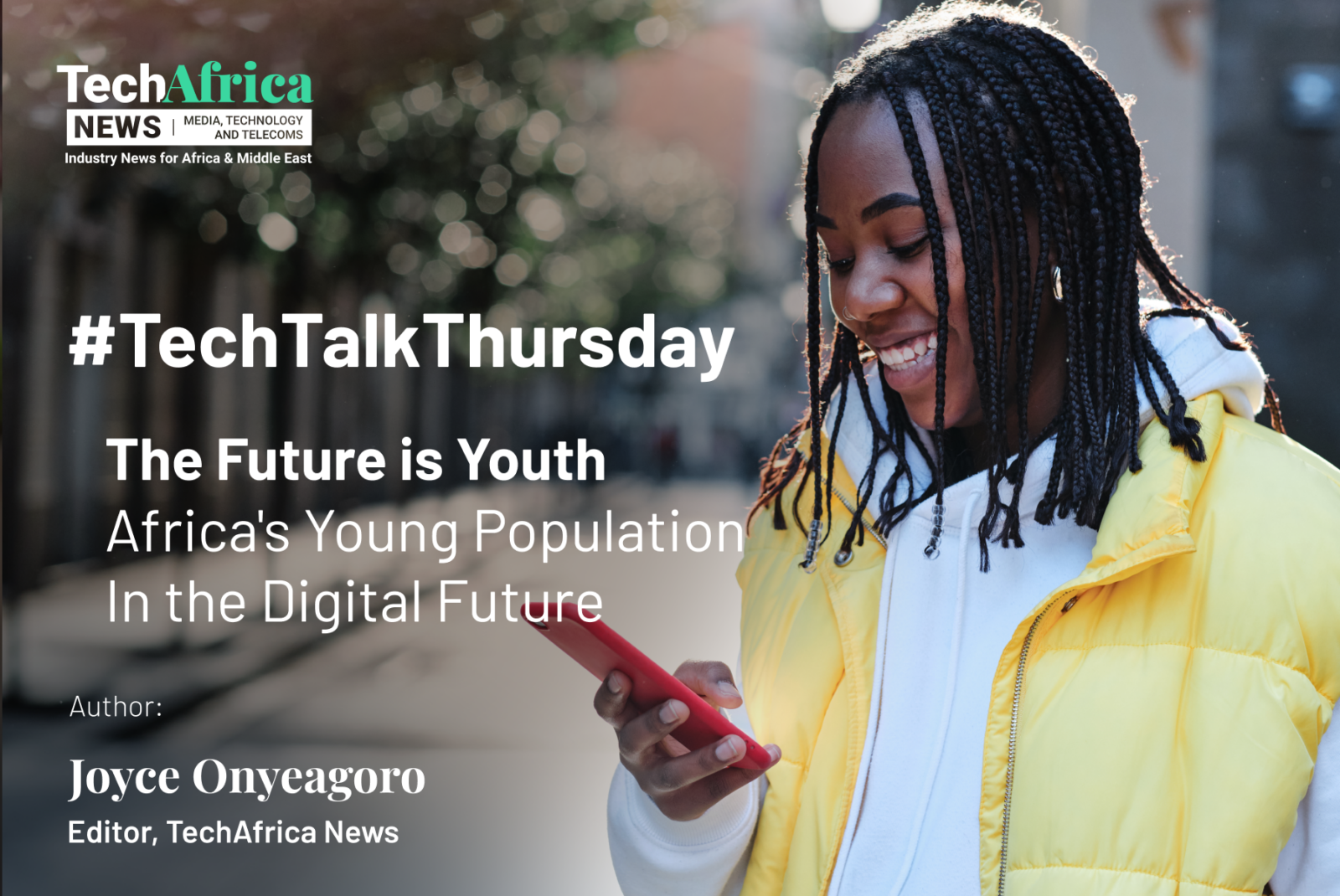After spending five days at the summit and participating in various sessions and discussions, could you share some insights about the progress and challenges Africans face in their efforts toward true transformation and connectivity?
The good news is that there is increasing political goodwill towards digitalization, but the call to action and active voices are few and far between. However, at the Transform Africa summit, the President of Zambia made a call to action towards making digitalization a reality. While progress has been made, such as the creation of a one-stop border, there is still much more to be done.
Achieving significant progress in a short amount of time without implementing radical changes is unlikely. Drastic changes are necessary, even if it means moving 10 percentage points in a year instead of one.
Angela Wamola, Ag Head Sub Saharan Africa, GSMA
The challenge is daunting, and people are often slow to act, but we must start somewhere. By demonstrating the value of digitalization to citizens, we can build trust and manage the risks associated with such a project. The biggest challenge we face is the lack of action despite the enormity of the problem. It is time to spur ourselves into action and begin tackling what we can to demonstrate progress.
Earlier in our last session, you mentioned that we had taken steps to close the connectivity gap for people to connect with each other. Considering this progress, do you believe that the Smart Africa alliance’s shared vision to transform Africa into a single digital market by 2030 is achievable?
Achieving significant progress in a short amount of time without implementing radical changes is unlikely. Drastic changes are necessary, even if it means moving 10 percentage points in a year instead of one. This will require a coalition of willing partners, which is already forming through partnerships like the CFDA and Smart Africa. We must come together as a wider community to tackle different areas of concern instead of relying on a small group of individuals.

The biggest challenge we face is the issue of devices. Governments have attempted to manufacture their own devices, but this comes with high capital costs and risks of investing in devices that may not meet people’s needs. It’s crucial to engage a wider community of device and equipment manufacturers to reduce the cost of producing different varieties of devices.
It’s crucial to engage a wider community of device and equipment manufacturers to reduce the cost of producing different varieties of devices.
Angela Wamola, Ag Head Sub Saharan Africa, GSMA
As Africa is a youthful continent, it’s essential to cater to the ambitious demands of the youth regarding device specifications. We need to work collaboratively to grow the pie and achieve sustainable goals and the vision of Africa we want in 2063. This requires prioritizing purpose over profits and investing for the long term. Once we grow the pie, revenues will follow. By working together, we can benefit billions and make a long-term investment in the continent’s future.
When selling devices, companies tend to focus only on short-term goals. An example is Apple’s recent opening of its first store in India, which is a new market for them. Tim Cook was present during the launch just a few weeks ago, and it was quite interesting to observe. Not everyone can afford an iPhone, so companies like Apple need to consider how to make their products accessible while prioritizing their purpose over profit.
It is true that a continent with 1.4 billion people does not have an Apple Store. This presents an opportunity for collaboration to bring the technology and benefits of an Apple Store to the continent. Let’s work together to make this happen.
Great! What are your thoughts on the role of the international community in promoting digital transformation and financial inclusion in Africa?
I believe that the international community’s role should not only be to assist governments but also the beneficiaries, who are the citizens, in comprehending and demystifying the implications of digitalization for our people. There is a fear of technology that exists, particularly with respect to cross-border trade and side businesses that the CFTA and Smart Africa have highlighted. Our citizens are familiar with the cost of capital, and traders often pay exorbitant interest rates of up to 60% to obtain loans.

However, they do not comprehend what it means to invest their money in the digital economy. They are accustomed to cash having a fixed value, regardless of where it is carried, and may not understand that digital transactions incur transaction fees, levies, and taxes. Thus, they believe that the value of their money will decrease when they invest it online. This lack of understanding is a significant obstacle that must be overcome to create trust in digitalization and to foster growth in the wallet of our citizens, rather than perceiving it as a threat to their businesses.
As we approach the GSMA, I’m curious about your thoughts on what can be done to stimulate demand for digital services, especially among the youth. With all the data and experience you’ve gathered, what strategies do you think would be effective in engaging the younger generation with digital services?
I believe that individuals desire the chance to participate in content creation and want to understand the benefits they will receive. Transparency is key in this regard. However, the challenge lies not only in the lack of devices for content creation but also in how to make that content accessible to a wider audience. We have witnessed the entertainment industry change significantly in Africa, with music and movies from countries such as Nigeria, Tanzania, and South Africa being consumed globally. This shift has largely been driven by youth who recognize that they have the power to make meaningful connections and benefit from their content’s digital presence. In the past, it was challenging to gain value from content creation, but digitalization has made it possible to create content that can be played across various platforms, providing value to creators.
The question now is how to extend this effect across different industries and sectors. How can we help young farmers, whether they are involved in small or large-scale farming, understand how digitalization can benefit their operations? Similarly, how can we apply this knowledge to healthcare, transportation, and other industries, empowering people to grow their businesses beyond their borders?
Overall, the biggest takeaway for me has been the willingness of the political leaders in attendance to come up with a blank slate and learn from everyone. This level of accessibility and openness is something we need to replicate across the continent. It is what sets us apart from other regions and is crucial in driving meaningful change through conversations.
Angela Wamola, Ag Head Sub Saharan Africa, GSMA
What have you experienced during the Transform Africa summit and what highlights would you include in your resume as a result of attending the summit?
I really enjoyed being a part of this platform that encourages conversations aimed at solving community problems, as well as promoting a willingness to learn, unlearn and relearn. This is important because it allows us to take the new knowledge and relationships gained and integrate them into our daily lives. One key theme that has been emphasized throughout this summit is the high cost of reinventing the wheel. To combat this, we need to work together in partnerships rather than as silos. This doesn’t mean we have to all work together at once, but finding a few like-minded individuals to collaborate with can help us move the needle a bit faster towards a solution.
Overall, the biggest takeaway for me has been the willingness of the political leaders in attendance to come up with a blank slate and learn from everyone. This level of accessibility and openness is something we need to replicate across the continent. It is what sets us apart from other regions and is crucial in driving meaningful change through conversations.
As we approach the upcoming Mobile World Congress in Kigali in a few months, what can we anticipate?
I believe that our partnership, particularly with Smart Africa, will continue to develop as we have various touchpoints throughout the year to facilitate important conversations. Our hope is that the discussions that take place at the Transform Africa Summit will lead to concrete actions by the time we reconvene in Kigali in October. It is crucial that we move beyond mere talk and make tangible progress that will instil confidence in the region. We will then share our learnings at the MWC in Kigali and continue to advance our efforts at the global level or at the next Transform Africa Summit in April.

We have plans to hold a 5G summit to explore how this technology can empower small, medium, and large enterprises. Additionally, we will discuss how FinTech can go beyond being just a platform and become an enabler for other verticals. We also aim to establish a regular policy leaders forum to engage with policymakers.
This year, we are partnering with the Africa Health Tech Summit, and both events will be held in the same location. We welcome digital health ministers to join us to explore how technology can unlock Africa’s potential in healthcare.
Lastly, we want to address the gender gap in technology in the region. Women currently make up only 36% of technology consumers in Africa. We aim to understand how we can empower women in financial inclusion, climate action, and political and policy reformation, and invite them to participate in discussions at the decision-making table. It is vital that women are part of the process to close the gender gap.













